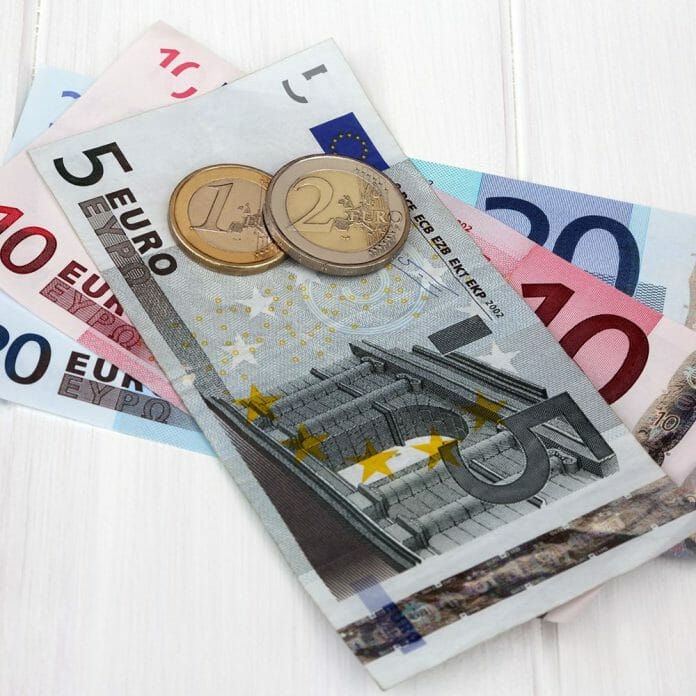The euro gained ground on Monday following France’s first-round snap election results, where Marine Le Pen’s far-right National Rally (RN) party emerged as the front-runner, albeit with a narrower lead than anticipated. The currency rose 0.24% to $1.0737 against the dollar, reaching a peak of $1.0749 earlier in the session, reflecting reduced concerns over expansive fiscal policies under the far-right.
Carol Kong, a currency strategist at the Commonwealth Bank of Australia (CBA), noted that the RN’s performance was slightly below expectations, contributing to the euro’s modest uptick in Asian trading. This development eased fears of more aggressive fiscal policies, supporting the currency’s upward trajectory.
Meanwhile, the dollar edged lower against a basket of currencies amidst expectations that the Federal Reserve may cut interest rates later this year, following recent data showing a cooling in U.S. inflation. Market expectations now indicate a 63% probability of a rate cut in September, up from even odds a month earlier, according to the CME FedWatch tool.
In other currency movements, the yen struggled against a weakening dollar, slipping 0.05% to 160.93 per dollar. Revised data showing a deeper contraction in Japan’s first-quarter GDP suggested potential downward revisions to the Bank of Japan’s growth forecasts and could influence the timing of its next interest rate adjustment.
The Chinese yuan, affected by significant interest rate differentials from the U.S., saw a marginal 0.02% increase to 7.2981 per dollar in offshore trading. China’s latest economic indicators showed continued weakness in the manufacturing and services sectors, reinforcing concerns about the effectiveness of government stimulus measures in boosting economic recovery.
Analysts, including CBA’s Kong, highlighted persistent doubts in the market regarding the effectiveness of current policy supports in translating into stronger economic activity in China. This scepticism continues to weigh on the yuan and Chinese government bond yields amidst ongoing economic challenges.
The currency markets reacted cautiously to geopolitical and economic developments, with the euro and dollar influenced by political outcomes in France and monetary policy expectations in the U.S., while the yen and yuan faced challenges stemming from domestic economic data and global interest rate differentials.
Reuters









